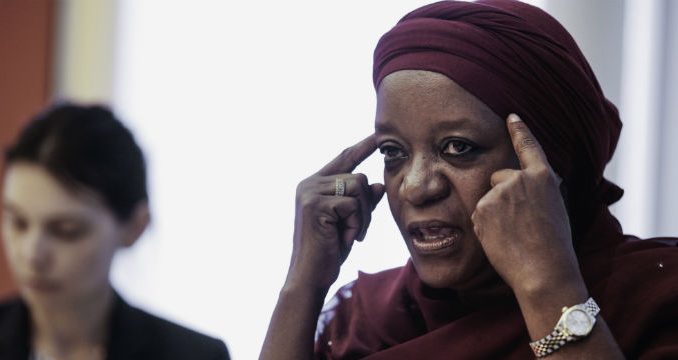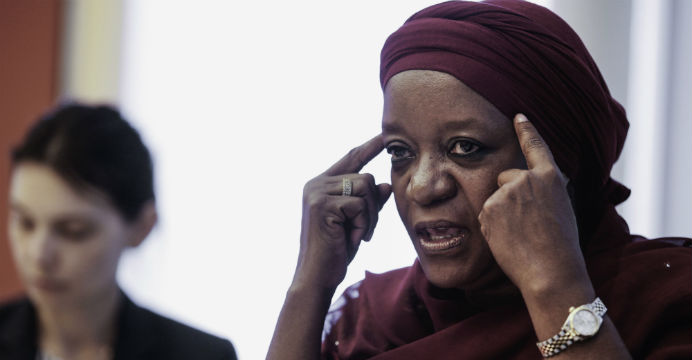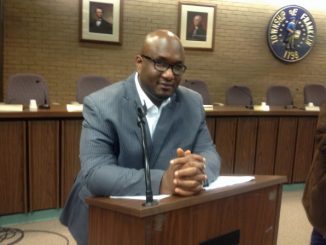
Statement by UN Special Representative of the Secretary-General on Sexual Violence in Conflict, Zainab Hawa Bangura, on first anniversary of Sinjar tragedy
(New York, 03 August 2015) One year ago today, militants from the Islamic State in Iraq and the Levant (ISIL) brutally attacked as many as 200,000 civilians, most of them members of the Yezidi community, as well as members of the Shi’a Turkmen, Shi’a Shabak and Christian communities, causing them to flee to the Jabal Sinjar.
In the days that followed, amidst horrific killings, ISIL hunted down and caught hundreds of women and girls from ethnic and religion minorities, instituting a pattern of sexual violence, slavery, abduction and human trafficking that continues to this day.
First-hand accounts from internally displaced persons and refugees, some of whom I met during my visit to the Middle East in April, confirm systematic sexual violence, particularly against Yezidi women and children aged between eight and 35 years. Young women are being “sold” in open markets, gifted to foreign fighters, trafficked for sex in the region to raise funds and increase recruitment among ISIL’s ranks. Women and girls are also used for forced procreation, to populate the desired new “Caliphate” with children who can be raised in ISIL’s own warped image.
These appalling crimes of sexual violence in conflict, which may amount to war crimes, crimes against humanity and/or acts of genocide, will not be forgotten. The international community stands united in the goal of pursuing the perpetrators and holding them to account.
I reiterate my calls today on the Global Coalition to Counter ISIL to include protection and empowerment of women and girls in their strategies to counter terrorism.
On this day, I also want to draw particular attention to the needs of the survivors, their families and communities. There is an acute lack of health care available to the survivors, including reproductive health, psychosocial and other critical services. Capacity-building of relevant practitioners and local actors who speak the local languages and understand the cultures is also needed.
Service delivery must be part of a multi-pronged conflict-related sexual violence response effort that also prioritizes security, justice and political commitment.
For media inquiries, please contact: Paulina Kubiak, Office of the Special Representative on Sexual Violence in Conflict, Communications Officer in New York +1 9173673819 or kubiakp@un.org




